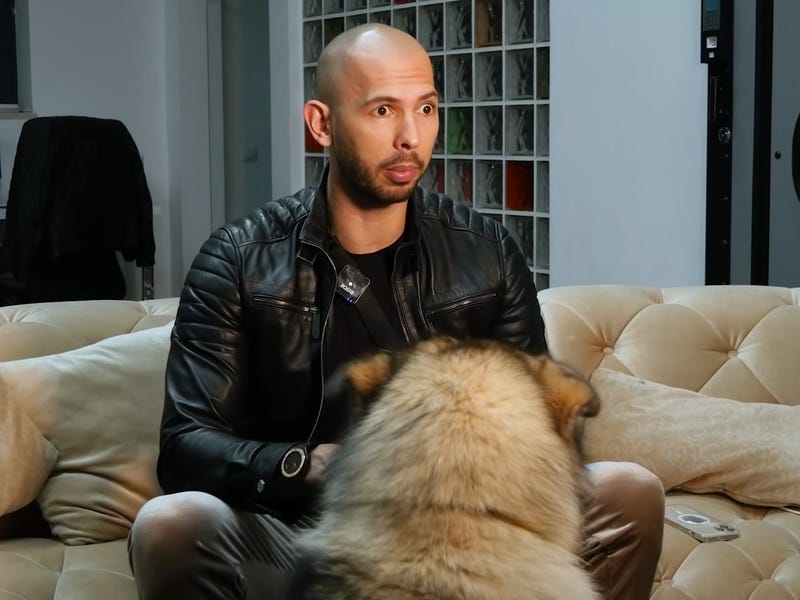John Cheever's relationship with his own brother was co-dependent, hostile and difficult; it's surprising that he didn't return to the theme of brotherly spite more often. “Goodbye, My Brother” is a discomfiting tale thrusting the reader into a family squabble they can't begin to untangle. “The Lowboy” has that same toxic dynamic, complete with a loathsome narrator who expects the reader to take his side against a supposedly awful brother. The details are different, but the contempt is the same. With “The Lowboy”, Cheever doesn't even introduce the family before thrusting the reader into the sibling war:
Oh I HATE small men and I will write about them no more but in passing I would like to say that’s what my brother Richard is: small. He has small hands, small feet, a small waist, small children, a small wife, and when he comes to our cocktail parties he sits in a small chair. If you pick up a book of his, you will find his name, “Richard Norton,” on the flyleaf in his very small handwriting. He emanates, in my opinion, a disgusting aura of smallness.
The narrator not only announces his brotherly hate, but his personal meshuggas. Nothing quite matches the sick thrill of reading someone who doesn't know that they are full of shit. Whether you are reading the internet ravings of a tanky or the memoir of an awful human being, nothing beats knowing that you know more about life than a self-described genius. If you read clueless screeds from a family member or soon-to-be-former friend it's just sad, but Schmuley Boteach wondering why Britney Spears wanted to talk to Michael Jackson more than him is funny.
Our narrator doesn't hate his brother because he's small or sits in small chairs or has an emotional connection to an antique. The narrator hates his brother. Everything else is commentary. The story begins with Cousin Matilda offering up the family lowboy and the narrator taking it, but then Richard wants it more. Once the lowboy is out of the narrator's hands, he cannot help but denigrate Richard for wanting it, even going so far as describing Richard's anxiety attack when a collision damages a leg.
“Oh you crazy fools!” howled Richard. “You crazy, thoughtless criminals!” Richard is waving his arms and screaming, unaware that every movement is being recorded by a hateful brother for future anecdotes. Even the fact that Richard can easily repair the lowboy is stated with a barely concealed sneer.
According to the narrator, Richard is obsessed with the lowboy, yet we never hear from Richard directly. Richard could be talking about horses, his wife, his work or the latest Twilight Zone episode, but the narrator is only going to tell us what Richard said about the lowboy. So when Richard runs into him at the airport and happily tells him that the lowboy is a Barstow Lowboy made by the celebrated cabinet maker in 1780, his brother frames it as Richard vainly seeking validation for the lowboy. Yet, it's narrator who won't stop talking about it or admitting to jealousy when Richard brags about the local museum wanting to rent it for $10,000 to put on display.
Even worse, Richard is buying carpets and vases the match the living room tableau from their childhood home. These added touches only make Richard smaller in his brother's eyes. As far as the narrator is concerned Richard can only live in the context of his childhood and never grow up.
Of course, every family has its cherished memorabilia. Russians have their samovars. Other families have baseball cards and signed baseballs. My grandfather had a Luger from WWII. Did he take it off of a dead German? No clue. I have his coffin flag on my wall. My mom and my cousin had an ugly exchange over the family baptism dress. My cousin had a baby to baptize. Mom had the dress. Mom should have found it and mailed it immediately, but Mom was a hoarder and couldn't bear to part with anything. I have no clue what happened to that thing.
Ostensibly, this story is about two diametrically opposed views of a cherished family heirloom. Richard loves it to the point of obsession. The narrator would rather throw out every artifact with a proud declaration of independence from a past. One could even read this from a racial perspective, similar to Martin Mull Presents The History of White People in America, about how in the absence of coming up from slavery or Passover, white people have mayonnaise.
In the last two pages, we see the narrator imagining Richard enjoy a return to the family scene around the Lowboy. The ghosts of dead relatives show up – the musical prodigy who committed suicide as a teenager, his pushy mother, cheating wives, sad drunks and Aunt Louisa with her cigars and Roman studies. In this reverie, Richard is watching the ghosts burn up the carpet.
Thus, the narrator hits us with a declaration of principles in regards to the past -
We can cherish nothing less than our random understanding of death and the earth-shaking love that draws us to one another. Down with the stuffed owl in the upstairs hall and the statue of Hermes on the newel post! Hock the ruby necklace, throw away the invitations to Buckingham Palace, jump up and down on the perfume atomizer from Murano and the Canton fish plates. Dismiss whatever molests us and challenges our purpose, sleeping or waking. Cleanliness and valor will be our watchwords. Nothing less will get us past the armed sentry and over the mountainous border.
He's not so much trying to convince us about how ties to history are useless. He's trying to convince himself. He cannot get over the family history. He cannot live in the present. Richard is comfortable with his lowboy and the relics of ancestors long gone. The narrator, on the other hand, is constantly trying to throw them away and forget them, unaware that his valor is doomed to failure.
Since I am a professional writer who saw his best income stream killed by ChatGPT, I am seeking work and/or money. So if you’d like to become a paid subscriber or donate to my gofundme, I’d be most grateful. However, I would prefer to work for you either editing your novel, revising your resume or whatever writing/editing jobs you have. If interested, please either email omanlieder@yahoo.com or
Here’s a link to that Martin Mull book, but I don’t think it’s worth the $385 price.
Considering that I lost my income due to AI, I feel almost guilty linking to an AI voice generated version of Teddy Bear Cannibal Massacre. Almost.
If you got a New Yorker subscription, you can read The Lowboy yourself.





